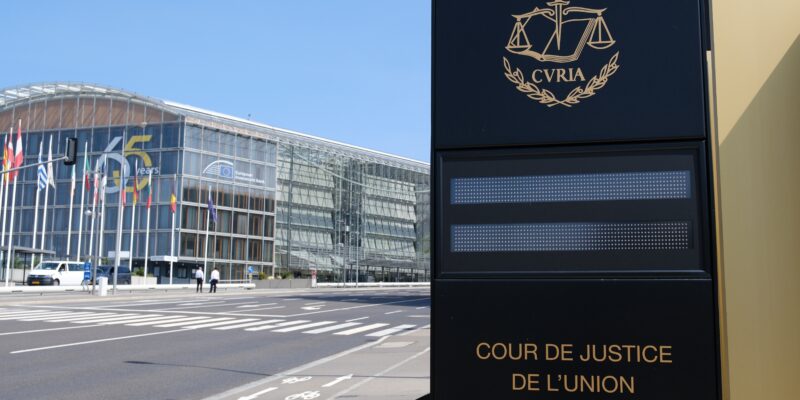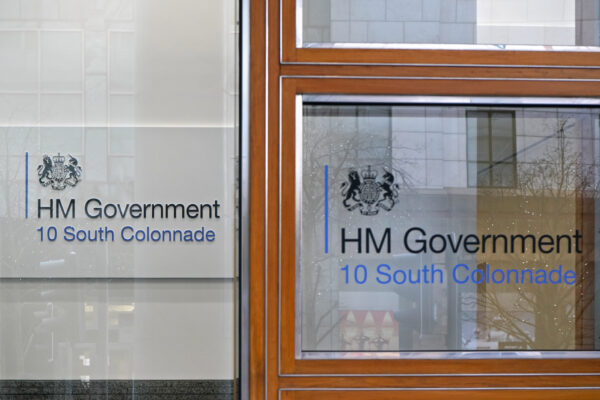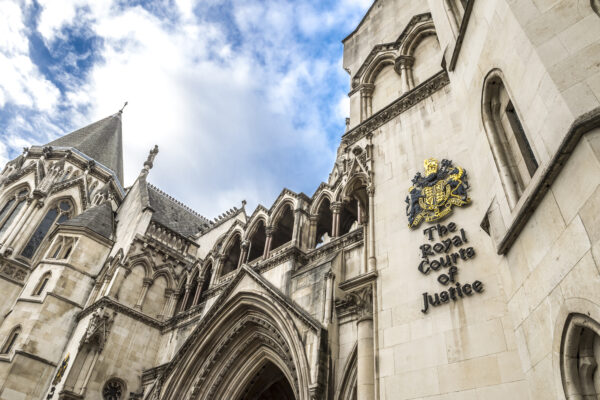European Court of Justice allows first ever appeal in an Article 272 TFEU-related case via new appeal filtering mechanism
6 May 2025

Garden Court North’s Antje Kunst represented SC at the European Court of Justice (pictured) in Luxembourg. Credit: Alexandros Michailidis / Shutterstock.
On 29 April 2025, the Court of Justice of the European Union granted permission for the first appeal to proceed under the new appeals filtering mechanism for Article 272 TFEU-related cases in SC v Eulex Kosovo (Case C-881/24 P), with Garden Court North’s Antje Kunst representing SC.
Since 1 September 2024, appeals against General Court decisions in Article 272 TFEU-related cases must demonstrate that they raise an “issue significant with respect to the unity, consistency, or development of Union law”.
This new requirement applies to all contracted staff of EU missions, as well as to the missions themselves, when seeking to appeal a General Court decision related to an Article 272 TFEU action.
SC’s case marks a rare instance in which an appeal has satisfied the threshold set by Article 58a of the Statute of the Court. It is also the first time an appeal in an Article 272 TFEU related case has been allowed to proceed through this mechanism, following last year’s amendments to the Court’s Statute.
Key issues
In SC v Eulex Kosovo, the Court of Justice found that two of the appellant’s grounds of appeal against a judgment of the General Court raise significant legal questions that go beyond the individual case. These relate to the standards for assessing conflicts of interest and impartiality within EU administrative procedures.
The first ground alleges an error of law by the General Court in applying a higher standard of proof than that required by existing case-law of the Court of Justice when assessing claims of conflict of interest and lack of impartiality by EU officials under Article 41(1) of the Charter of Fundamental Rights.
The appellant argued that the General Court applied an unduly high standard of proof, inconsistent with existing CJEU case law, including Parliament v UZ (C-894/19 P) and Hamers v Cedefop (C-111/22 P). According to the appellant, the correct standard requires determining whether a ‘legitimate doubt’ as to a possible conflict of interest or lack of impartiality exists that cannot be dispelled.

The second ground asserts that the General Court failed to apply established case law on objective impartiality.
Specifically, the appellant contends that the General Court overlooked how a line manager’s prior involvement in administrative procedures could give rise to legitimate doubt about impartiality. This issue also raises the broader question of whether the Court’s case law on impartiality applies not only to administrative investigations in the context of disciplinary proceedings, but also to other types of administrative procedures. The Court of Justice accepted that these two grounds of appeal raise issues ‘significant with respect to the unity, consistency, or development of EU law’.
Criticism of the filtering mechanism
Appellants such as SC – who are directly employed by EU Missions and who challenge General Court rulings in Article 272 TFEU related cases – must present compelling arguments that their cases extend beyond their individual dispute and raise broader significance for EU law. Unlike SC, many appellants may struggle to frame their appeals as matters of broader significance beyond the individual dispute.
By contrast, staff from EU institutions or Member States seconded to EU missions who bring actions under Articles 263 or 270 TFEU are not subject to this additional hurdle. This disparity has drawn criticism for creating unequal access to judicial protection and reduced judicial scrutiny over EU Missions.
How the Court of Justice will address these concerns remains to be seen.
Additional media
For further information, please contact Alex Blair, Communications Manager at Garden Court North Chambers: ablair@gcnchambers.co.uk





